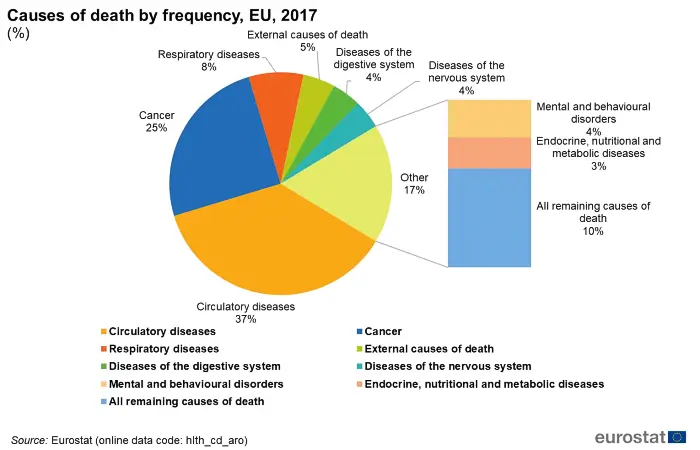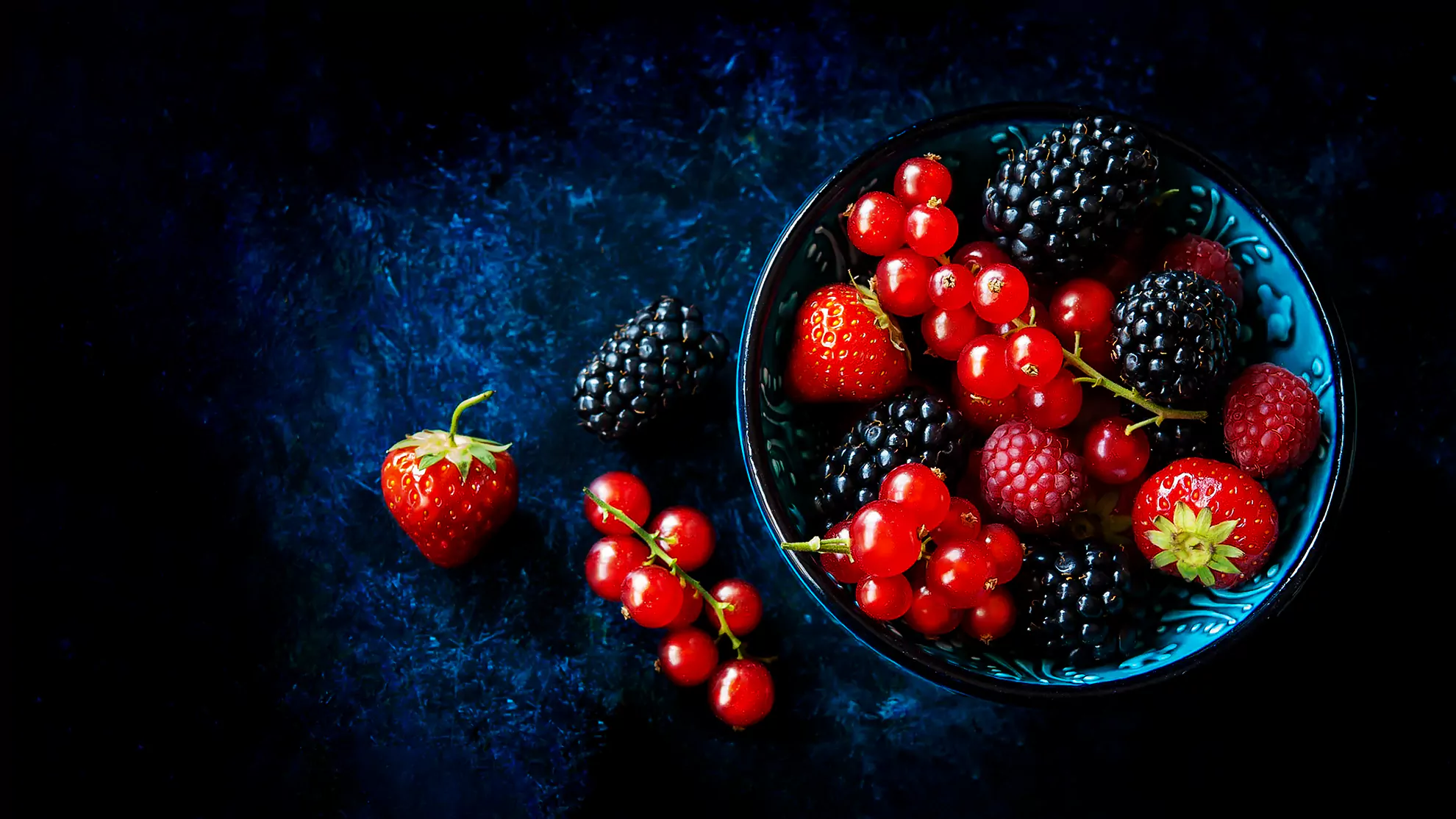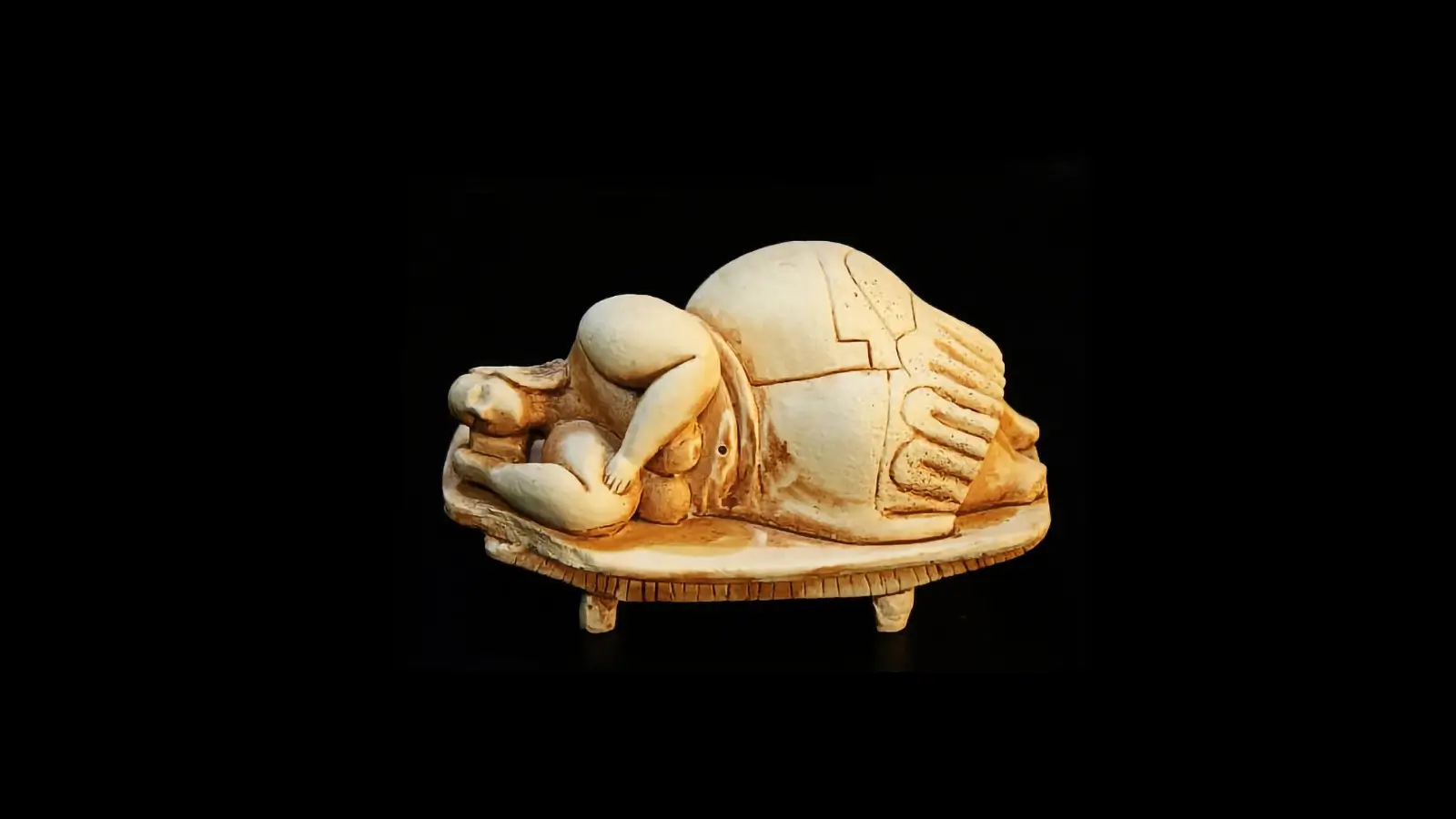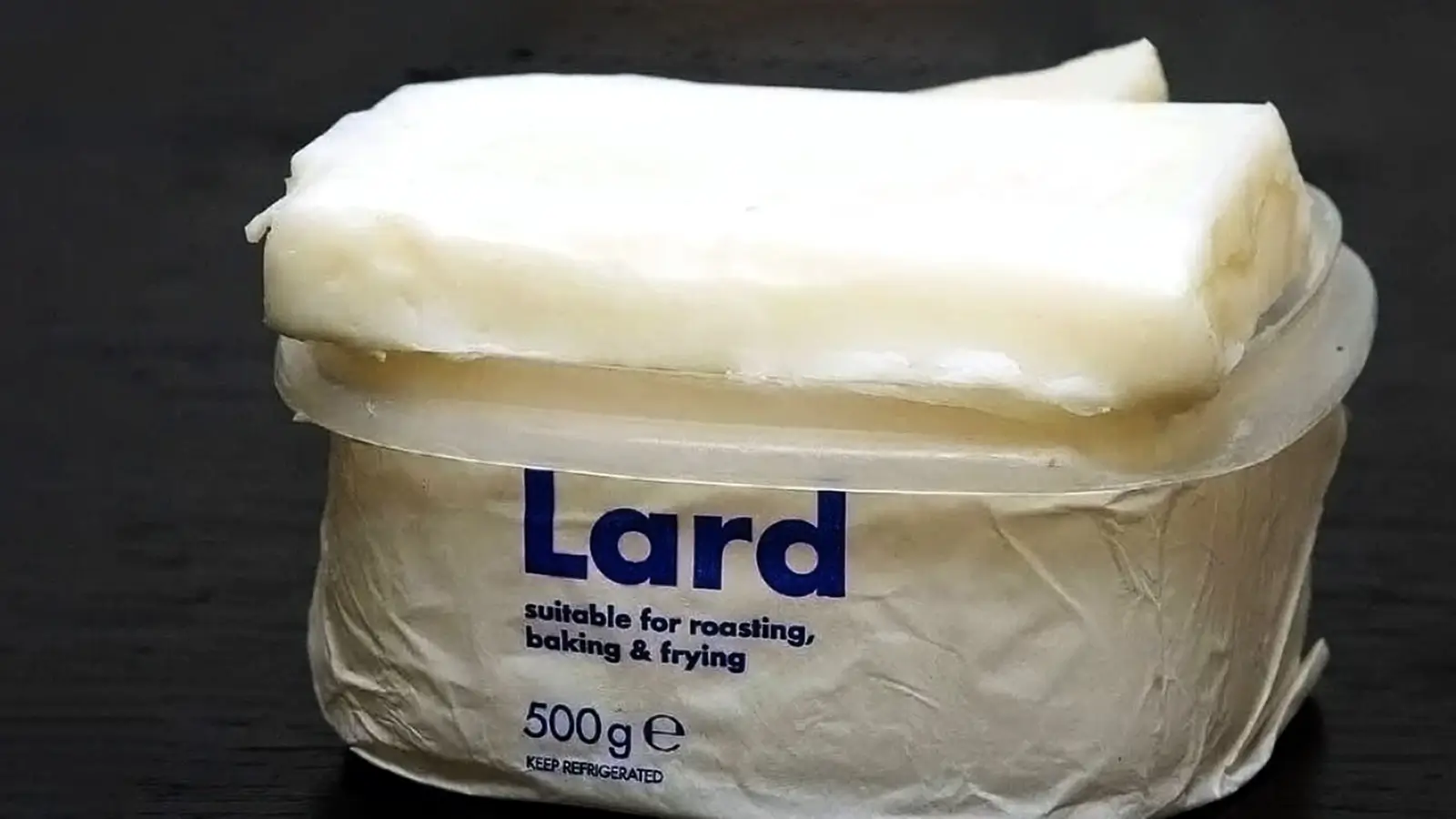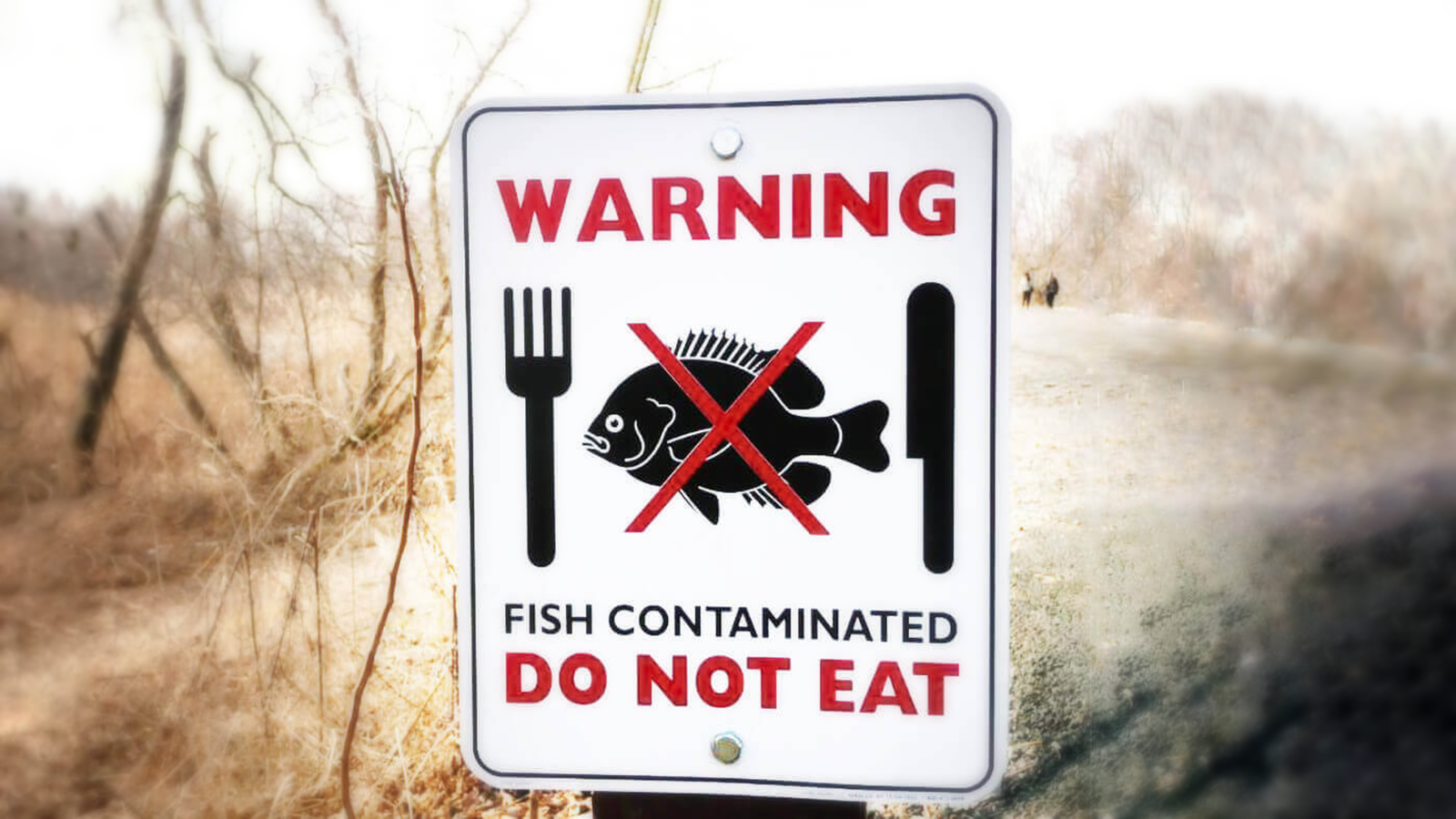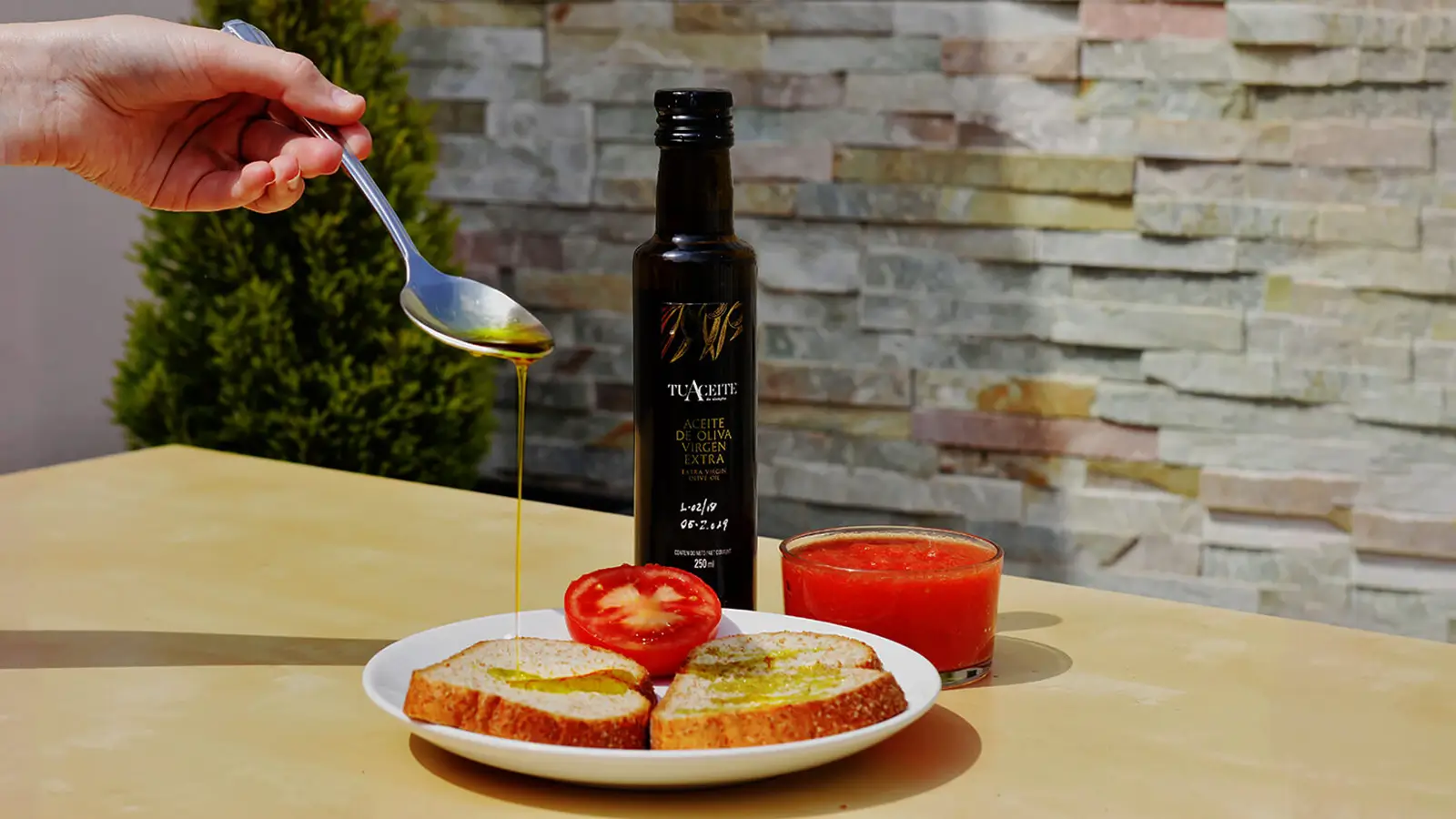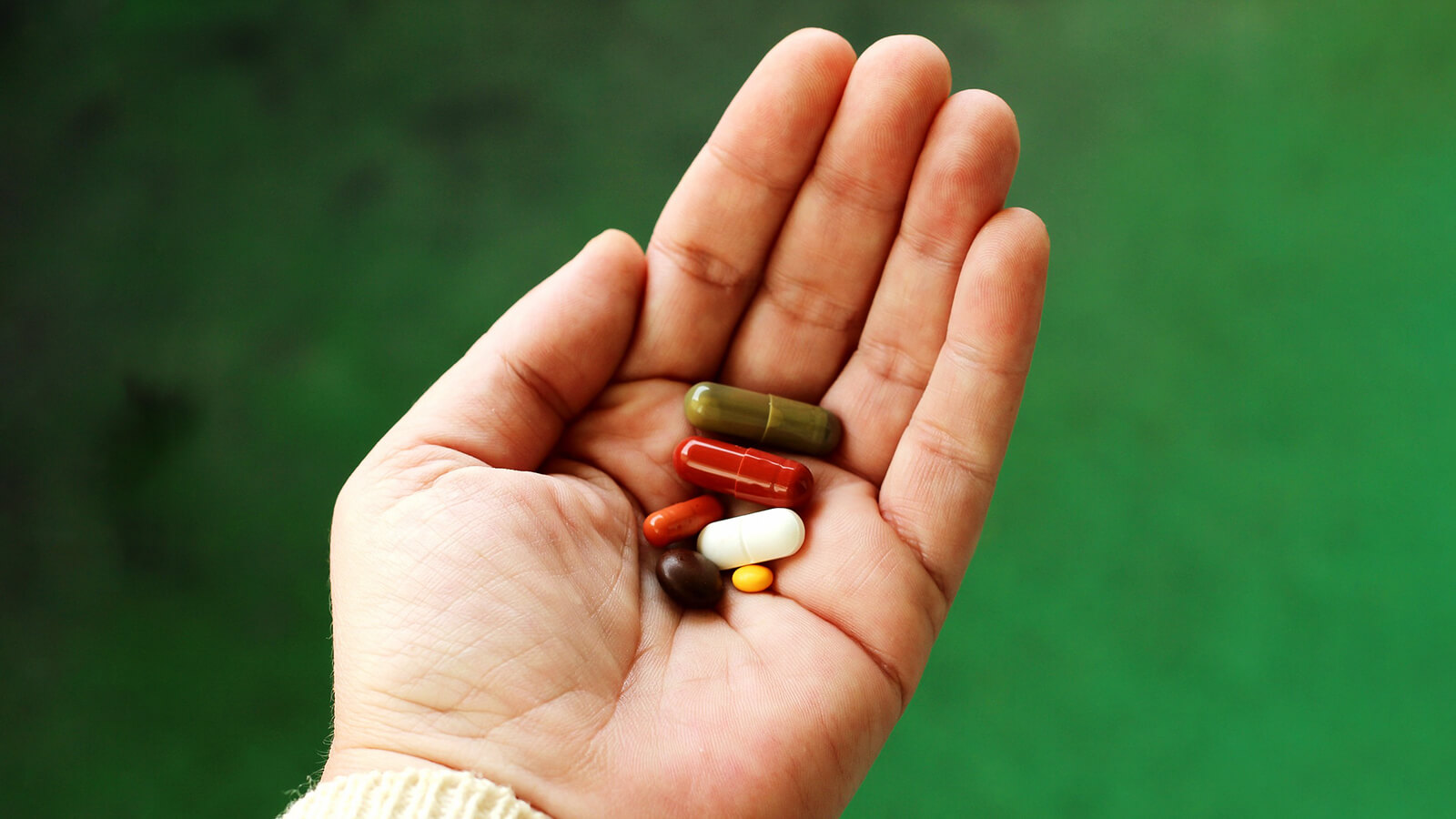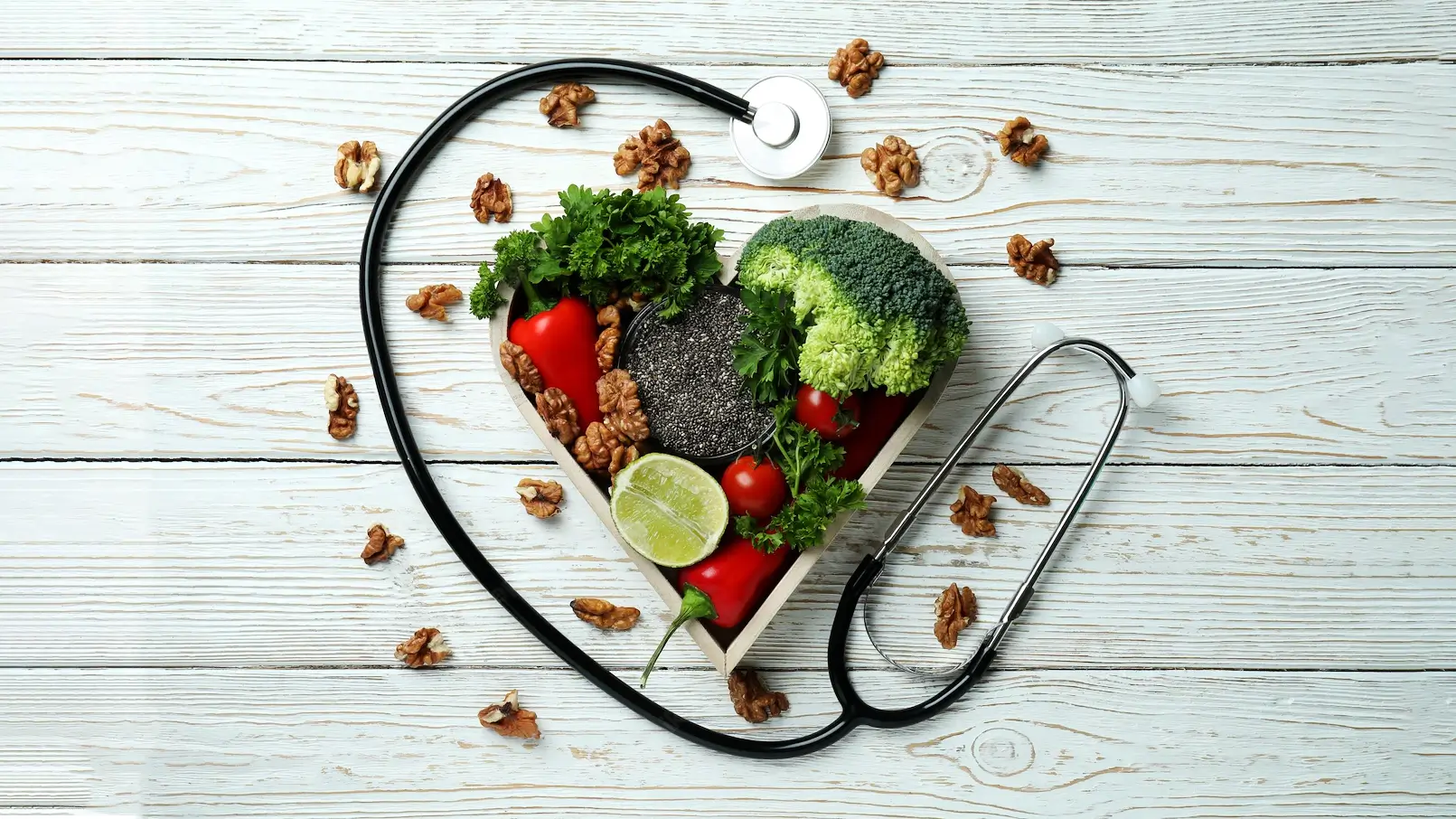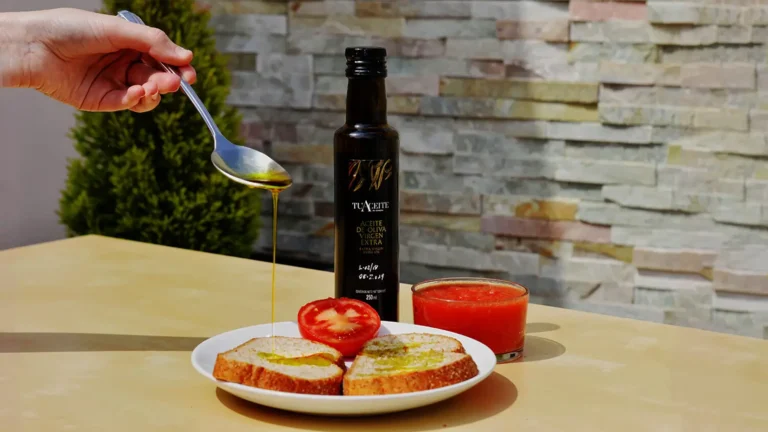Chronic diseases- The root causes
If we disregard the real genetic causes that cause no more than 5% of deaths, the real reason for chronic diseases is an evolutionary incongruent diet.
Milos Pokimica
Written By: Milos Pokimica
Medically Reviewed by: Dr. Xiùying Wáng, M.D.
Updated June 9, 2023Chronic diseases are conditions that last 1 year or more and cannot easily be cured. For most chronic diseases, there are only treatments that can help with the symptoms and most of them will require ongoing medical attention and will limit activities. They are also leading drivers of a trillion dollars in annual healthcare costs. Chronic diseases are the leading causes of death and disability in the world and cause the death of more people in a year than most of the wars in entire human history combined.
Chronic diseases are a wide range of different conditions such as heart disease, cancer, and diabetes and at first, sight has nothing in common. How could such a wide range of different conditions have a common root cause?
It is about genetic predisposition, right? That is a common belief. If we are going to have some disease that is just how it is. There is nothing we can do about it.
The answer is no. If we disregard the real genetic causes that cause no more than 5% of deaths, the real reason is evolutionary incongruent diet and lifestyle. In most cases, the disease is a choice. For example, some level of cancer will be present in animals too, but 23.4% of all deaths just from cancer are not from genetic causes. This is an open secret number one that people just don’t like to talk about. The medical industry will openly avoid this topic also. The medical industry (allopathic medicine) is based on interventional treatments and patented drugs.
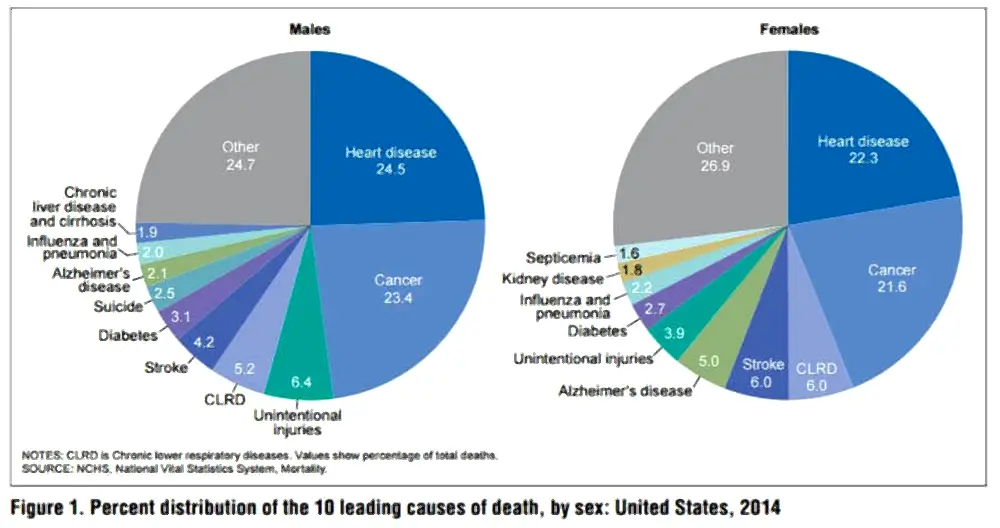
The evolution of the hominin diet is an important topic that plays a role in our understanding of our physiology. Our body is created by more than 50 million years of evolution. Genes are passed from one species to another. That is a reason why some species like chimpanzees have 99% of the same genetic structure as Homo sapiens.
We have to understand how we came into existence and after that what diet and style of living should we have that is going to be in line with our physiology.
Genetical predisposition is only half of the picture. The real reason is an abrupt shift in our diet that has caused maladaptation and as a result, individual genetic predisposition will be a source of one or the other chronic disease. But the root cause is maladaptation. Someone will have diabetes someone will die from cancer and a third person will have a heart attack depending on individual resilience but we all going to die from some of them because we all eat animal products that we are not adapted to eating in high amounts. We could cope with some meat sometimes but not in the excessive amounts that we would like.
Maybe 10 million years from now we would not have to worry about diet anymore because our bodies will adapt but until that time chronic disease can only be prevented with diet and with a lifestyle that is in line with the lifestyle of our hominin ancestors. Meaning physical activity, periodical fasting with normal weight maintenance, avoidance of pollution, and a plant-based whole-food diet. That is what means to have a “healthy” life. It is just a lifestyle that we are adapted to by evolution. Everything can be “healthy” but not everything can be healthy for us.
For example, excess cholesterol causes atherosclerosis (fatty deposits that can clog arteries) and then causes heart disease. Number one killer in the world. We do not need dietary cholesterol (animal products) because our liver produces it. For us as for any other plant either it is not an essential nutrient. Our liver creates as much as we need so any dietary cholesterol at any time in our entire life, one mg of it is excess that needs to be detoxified. Also, no our body does not have to have cholesterol to make every cell in our body, our liver makes all cholesterol we need our entire life every second of it. Why? Because we are not carnivores. Livers of carnivores do not make cholesterol, for them, cholesterol is an essential nutrient. They do not need to because carnivores eat cholesterol in every bite of meat, so they are adapted to eating it by evolution, and we are not. No matter how much cholesterol you feed to your cat she will never develop heart disease. Cats are adapted to eating it in any amount that they want. And we are not.
Eating animal products is therefore associated with shortening life expectancy because our number 1 killer is heart disease and number 3 stroke (basically the same disease as a heart disease just different outcome). If our number one killer is something completely uncorrelated for example bubonic plague-like in the Middle Ages, then we would not have to be worrying about cholesterol at all, we will have to be worrying about sanitation. At this time in our evolution situation is like it is. Cancer is a significantly lifestyle disease too. Genetics plays a role, but lifestyle is as much as important as genetics because of the toxic overload and mutagens from food and external intoxication and also the inherent lack of an adequate level of self-repairing autophagy mechanism (fasting). The very important risk factor in cancer is chronic inflammation and an impaired immune system. Most of the population today has high levels of chronic inflammation. Then there is on a wide population scale the lack of some essential micronutrients (essential and some important non-essential micronutrients, not calories) and antioxidants. On one hand, we have inflammatory compounds, toxins, and mutagens that come from animal products but on another hand lack micronutrients and antioxidants that come from plant sources. Also, then there is a chronic elevation of cancer-promoting hormones like IGF-1 and estrogen. Complete protein that is present in animal products stimulates IGF-1, especially in a high protein-rich diet and estrogen usually comes from dairy. This is just an example, the real list of associations is a never-ending story but it all comes down to an unnatural diet.
Just these three diseases stroke, heart disease, and cancer are causing more than 50% of deaths, and all three are substantially dependent on a diet. When we look at the list of 15 leading causes of death more than 80% are lifestyle influenced.
Everyone in the medical field knows this, all doctors, all scientists, and all industries. Well maybe not all of the doctors, some are just bad. The only ones that have a big problem with this are us, regular people because we like the way we live and we would not like to change anything in the way we eat. We will go to MDs if we have any problems right. Doctors are just there to do their job of prescribing pills. They are not there to care for you. Only you can take care of yourself. The problem is you don’t want to. You want the pill.
We like our dopamine-inducing drugs (supernormal stimuli) in the form of food and any other variation. The most convenient way would be to find some research that is in line with what we like and then use it as an excuse. Then we can go to the medical doctor to get some magic pills.
If we don’t understand the underlying logic of our behavior patterns then nothing can help us, no practical advice will be enough.
Science cannot govern our every act. We must logically govern ourselves and our behaviors in a line of understanding of our history and how we came into existence.
In reality, we need to take a look at the lives of our ancestors over a long time spread than just the paleo period so that we could reconstruct our natural diet.
References:
Passages selected from a book: Pokimica, Milos. Go Vegan? Review of Science Part 1. Kindle ed., Amazon, 2018.
- Sinha, Rashmi et al. “Meat intake and mortality: a prospective study of over half a million people.” Archives of internal medicine vol. 169,6 (2009): 562-71. doi:10.1001/archinternmed.2009.6
- Dinu, Monica et al. “Vegetarian, vegan diets and multiple health outcomes: A systematic review with meta-analysis of observational studies.” Critical reviews in food science and nutrition vol. 57,17 (2017): 3640-3649. doi:10.1080/10408398.2016.1138447
- RYLE, J A, and W T RUSSELL. “The natural history of coronary disease; a clinical and epidemiological study.” British heart journal vol. 11,4 (1949): 370-89. doi:10.1136/hrt.11.4.370
- Chapel, John M et al. “Prevalence and Medical Costs of Chronic Diseases Among Adult Medicaid Beneficiaries.” American journal of preventive medicine vol. 53,6S2 (2017): S143-S154. doi:10.1016/j.amepre.2017.07.019
- Zhang, Yu-Jie et al. “Antioxidant Phytochemicals for the Prevention and Treatment of Chronic Diseases.” Molecules (Basel, Switzerland) vol. 20,12 21138-56. 27 Nov. 2015, doi:10.3390/molecules201219753
- Booth, Frank W et al. “Lack of exercise is a major cause of chronic diseases.” Comprehensive Physiology vol. 2,2 (2012): 1143-211. doi:10.1002/cphy.c110025
- Generali, Elena, et al. “Lessons Learned From Twins in Autoimmune and Chronic Inflammatory Diseases.” Journal of Autoimmunity, vol. 83, Elsevier BV, Sept. 2017, pp. 51–61. https://doi.org/10.1016/j.jaut.2017.04.005.
- Lewandowska, Anna Maria et al. “Environmental risk factors for cancer – review paper.” Annals of agricultural and environmental medicine : AAEM vol. 26,1 (2019): 1-7. doi:10.26444/aaem/94299
- Fardet, Anthony, and Yves Boirie. “Associations between food and beverage groups and major diet-related chronic diseases: an exhaustive review of pooled/meta-analyses and systematic reviews.” Nutrition reviews vol. 72,12 (2014): 741-62. doi:10.1111/nure.12153
- Campbell, T Colin. “Cancer Prevention and Treatment by Wholistic Nutrition.” Journal of nature and science vol. 3,10 (2017): e448. [PubMed]
Related Posts
Do you have any questions about nutrition and health?
I would love to hear from you and answer them in my next post. I appreciate your input and opinion and I look forward to hearing from you soon. I also invite you to follow us on Facebook, Instagram, and Pinterest for more diet, nutrition, and health content. You can leave a comment there and connect with other health enthusiasts, share your tips and experiences, and get support and encouragement from our team and community.
I hope that this post was informative and enjoyable for you and that you are prepared to apply the insights you learned. If you found this post helpful, please share it with your friends and family who might also benefit from it. You never know who might need some guidance and support on their health journey.
– You Might Also Like –

Learn About Nutrition
Milos Pokimica is a doctor of natural medicine, clinical nutritionist, medical health and nutrition writer, and nutritional science advisor. Author of the book series Go Vegan? Review of Science, he also operates the natural health website GoVeganWay.com
Medical Disclaimer
GoVeganWay.com brings you reviews of the latest nutrition and health-related research. The information provided represents the personal opinion of the author and is not intended nor implied to be a substitute for professional medical advice, diagnosis, or treatment. The information provided is for informational purposes only and is not intended to serve as a substitute for the consultation, diagnosis, and/or medical treatment of a qualified physician or healthcare provider.NEVER DISREGARD PROFESSIONAL MEDICAL ADVICE OR DELAY SEEKING MEDICAL TREATMENT BECAUSE OF SOMETHING YOU HAVE READ ON OR ACCESSED THROUGH GoVeganWay.com
NEVER APPLY ANY LIFESTYLE CHANGES OR ANY CHANGES AT ALL AS A CONSEQUENCE OF SOMETHING YOU HAVE READ IN GoVeganWay.com BEFORE CONSULTING LICENCED MEDICAL PRACTITIONER.
In the event of a medical emergency, call a doctor or 911 immediately. GoVeganWay.com does not recommend or endorse any specific groups, organizations, tests, physicians, products, procedures, opinions, or other information that may be mentioned inside.
Editor Picks –
Milos Pokimica is a doctor of natural medicine, clinical nutritionist, medical health and nutrition writer, and nutritional science advisor. Author of the book series Go Vegan? Review of Science, he also operates the natural health website GoVeganWay.com
Latest Articles –
Plant Based News
-
Food Tech Company Raises 55 Million Dollars To Scale Precision Fermented Egg Proteins
on November 27, 2025
-
Inside The Trending Sweet Potato Recipe That’s Taking Over Pizza Night
on November 27, 2025
-
How To Make This Plant-Based Stuffed Flank Steak Centerpiece
on November 27, 2025
-
Stranger Things Star Winona Ryder Tackled Spicy Tofu On ‘Hot Ones’
on November 26, 2025
-
Sweet Cranberry Glazed BBQ Ribs
on November 26, 2025
-
PETA Founder Says ‘I Don’t Think We Went Far Enough’
on November 26, 2025
-
Vegan Mini Flank Galettes With Caramelized Onion & Pear
on November 25, 2025
Top Health News — ScienceDaily
- Stunning new 3D images reveal yellow fever’s hidden structureon November 27, 2025
University of Queensland researchers visualized yellow fever virus particles at near-atomic detail, uncovering major structural differences between vaccine and virulent strains. The insights could lead to better vaccines and treatments for yellow fever and related mosquito-borne viruses.
- Half of heart attacks strike people told they’re low riskon November 27, 2025
The study reveals that widely used heart-attack risk calculators fail to flag nearly half of those who will soon experience a cardiac event. Even the newer PREVENT model misclassifies many patients as low-risk. Since most people develop symptoms only within 48 hours of their heart attack, current screening offers little time for intervention. Researchers say earlier detection with imaging could dramatically improve prevention.
- Your body may already have a molecule that helps fight Alzheimer’son November 27, 2025
Spermine, a small but powerful molecule in the body, helps neutralize harmful protein accumulations linked to Alzheimer’s and Parkinson’s. It encourages these misfolded proteins to gather into manageable clumps that cells can more efficiently dispose of through autophagy. Experiments in nematodes show that spermine also enhances longevity and cellular energy production. These insights open the door to targeted therapies powered by polyamines and advanced AI-driven molecular design.
- Nanoflowers supercharge stem cells to recharge aging cellson November 27, 2025
Texas A&M researchers found a way to make stem cells produce double the normal number of mitochondria using nanoflower particles. These energized stem cells then transfer their surplus “power packs” to weakened cells, reviving their energy production and resilience. The method bypasses many limitations of current mitochondrial therapies and could offer long-lasting effects. It may open the door to treatments for aging tissues and multiple degenerative diseases.
- Twenty-year study shows cleaner water slashes cancer and heart disease deathson November 27, 2025
A 20-year project in Bangladesh reveals that lowering arsenic levels in drinking water can slash death rates from major chronic diseases. Participants who switched to safer wells had the same risk levels as people who were never heavily exposed. The researchers tracked individual water exposure with detailed urine testing. Their results show how quickly health improves once contaminated water is replaced.
- A common nutrient deficiency may be silently harming young brainson November 27, 2025
Scientists studying young adults with obesity discovered early indicators of brain stress that resemble patterns seen in cognitive impairment. The group showed higher inflammation, signs of liver strain and elevated neurofilament light chain, a marker of neuron injury. Low choline levels appeared closely tied to these changes. The results hint that early metabolic disruptions may quietly influence the brain long before symptoms emerge.
- Study finds untreated sleep apnea doubles Parkinson’s riskon November 27, 2025
A massive veteran study found a strong connection between untreated sleep apnea and a higher chance of Parkinson’s. CPAP users had much lower odds of developing the condition. Researchers believe that repeated dips in oxygen during sleep may strain neurons over time. The results suggest that better sleep might help protect the brain.
PubMed, #vegan-diet –
- Investigation of the Digestibility, Fecal Characteristics, and Palatability of Oil Mil By-Products as a Plant-Based Protein Source in Canine Dietson November 27, 2025
This study investigates the digestibility, fecal characteristics, and palatability of plant-based protein sources in canine diets. With an increasing number of pet owners adopting vegan lifestyles for ethical, health, and environmental reasons, the demand for plant-based dog diets has risen. Using plant by-products can also be a practical and sustainable option for feeding pets. This study included eight healthy female dogs fed four different plant-based diets using a Latin square (4 × 4)…
- Maternal Dietary Choices Might Impact Intrauterine Healing Processes and Postnatal Phenotype and Function in Human Fetuses with Spina Bifida Aperta-Early Clinical Observations and Implications from a…on November 27, 2025
Background: The severity of postnatal symptoms in patients with spina bifida aperta (SBA) is also determined by secondary factors that damage the exposed neural tissue throughout gestation. The purpose of this report is to present clinical cases, from 2010 to 2025, and a new hypothesis for a nonsurgical means of prenatal secondary prophylaxis. Patients: Eight fetuses underwent minimally invasive fetoscopic patch closure of SBA. After delivery, an unusual degree of prenatal patch healing was…
- Nutrient adequacy and environmental foot-print of Mediterranean, pesco-, ovo-lacto-, and vegan menus: a modelling studyon November 27, 2025
CONCLUSION: Well-planned PBDs can achieve comparable sustainability and nutritional adequacy to a healthy Mediterranean diet, although attention is required to ensure adequate intake of certain micronutrients.
- The German LAKE-score reliably predicts urinary and dietary potential renal acid load: a three-armed translational studyon November 25, 2025
CONCLUSION: The German version of the LAKE score is a rapid, inexpensive and feasible tool for an initial PRAL evaluation in a clinical context, characterized by a good validity and reliability. Results suggest that the German LAKE score could be suitable as an estimate for an individual’s PRAL, and could also guide clinicians to make dietary recommendations and monitor PRAL-relevant changes in individual patients.
- Eating within planetary boundaries – a cross-country analysis of iodine provision from the EAT-Lancet dieton November 24, 2025
The EAT-Lancet Commission’s 2019 reference diet promotes health and environmental sustainability through predominantly plant-based foods, raising concerns about micronutrient adequacy, particularly iodine. This study evaluated the iodine content of the EAT-Lancet diet across sixteen countries using national food composition data. Iodine intake was modelled under three scenarios: (1) strict adherence to specified food items; (2) inclusion of a broader range of foods within each group; and (3) […]
Random Posts –
Featured Posts –

Latest from PubMed, #plant-based diet –
- Exploring the Role of Plant-Based Nutrition in Polycystic Kidney Diseaseby Ahmad Sarmad on November 27, 2025
Polycystic kidney disease (PKD) is a genetic disorder characterized by progressive kidney cyst formation and eventual kidney failure. Emerging evidence suggests that plant-based diets may confer therapeutic benefits in patients with PKD by modulating mTOR and AMPK signaling, reducing oxidative stress and inflammation, while improving metabolic and cardiovascular profiles. These diets, which are low in animal protein and rich in antioxidants, may help lower uric acid levels and support blood…
- Assessment of CoQ10 Dietary Intake in a Mediterranean Cohort of Familial Hypercholesterolemia Patients: A Pilot Studyby Teresa Sanclemente on November 27, 2025
CONCLUSIONS: we discussed the relevance of exogenous CoQ10 for FH development and potential SAMS. Interestingly, this information can be extrapolated to define the regular CoQ10 intake of the Spanish population, especially when following the MedDiet.
- Nutritionist-Guided Video Intervention Improves Adherence to Mediterranean Diet and Reduces the Rate of Gestational Diabetes Mellitus: A Randomized Clinical Trialby Rocío Martín-O’Connor on November 27, 2025
Aims: Gestational diabetes mellitus (GDM) represents an increasing global challenge. Mediterranean diet interventions have proven benefits, but their implementation is limited by the absence of nutritionists in many public health systems. This study aimed to evaluate whether a video intervention guided by a nutritionist could increase compliance to Mediterranean diet and reduce the incidence of GDM and adverse maternal-neonatal outcomes. Methods: In this randomized controlled trial, 1750…
- Association Between cMIND Diet and Dementia Among Chinese Older Adults: A Population-Based Cross-Sectional Studyby Yu Zhang on November 27, 2025
CONCLUSIONS: Adherence to the cMIND diet was significantly associated with a lower prevalence of dementia in Chinese older adults, with evidence of a clear dose-response effect. These findings highlight the potential of the cMIND diet as a preventive strategy against dementia in this population.
- Hepatic Steatosis and Diet in Adult Celiac Disease: A Cross-Sectional Studyby Míra Zsófia Peresztegi on November 27, 2025
Background: Celiac disease (CD) is a chronic immune-mediated enteropathy that is treated exclusively with a lifelong gluten-free diet (GFD). Hepatic involvement, including hepatic steatosis (HS), is common in both newly diagnosed and long-term GFD-treated CD patients. Limited data exist regarding HS prevalence and risk factors in CD, and the effects of dietary patterns, including GFD and the Mediterranean diet (MD), remain unclear. Objective: This study investigated the prevalence and […]
- Challenging the Wine Component in Mediterranean Diet Scores: Cognitive Outcomes in Portuguese Adults at High Risk of Dementiaby Andreia Mesquita on November 27, 2025
Introduction: The Mediterranean diet (MD) has been linked to better cognition, but evidence in older adults at high dementia risk is limited. Moreover, the traditional Mediterranean Diet Adherence Screener (MEDAS) counts daily wine consumption as a beneficial component, which may distort genuine diet-cognition relationships. Objective: Evaluate whether MD adherence, as measured with the original MEDAS (MEDAS-O) versus a version that reverses the wine item (MEDAS-R), is associated with […]
